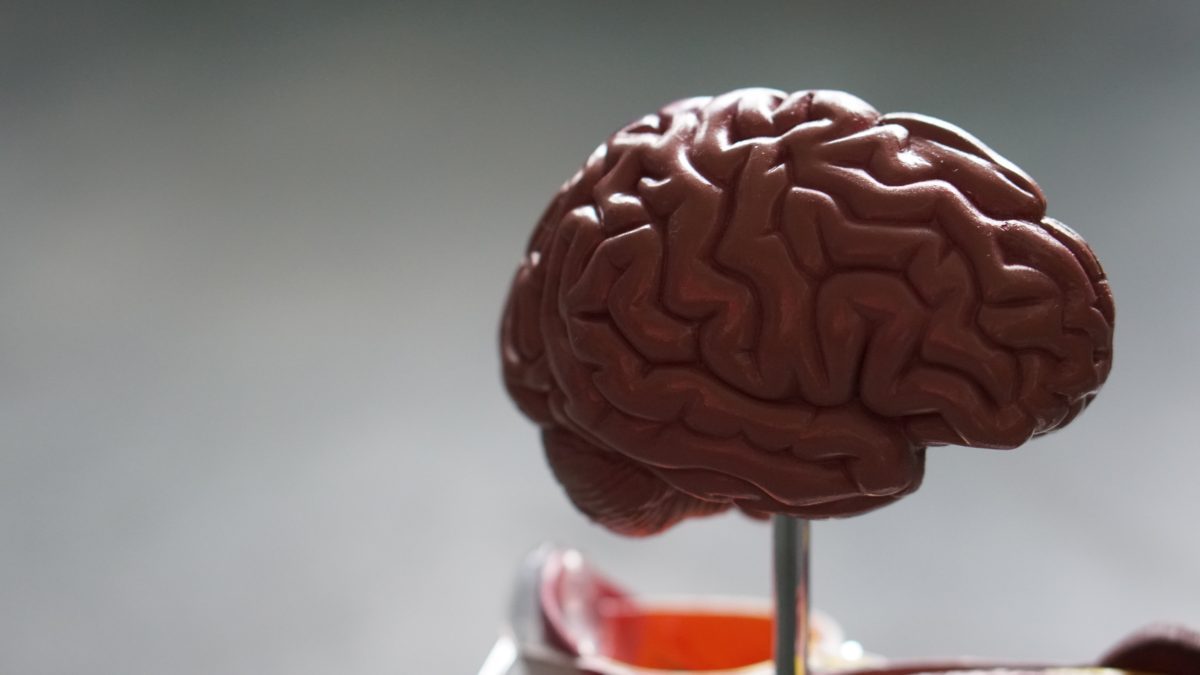Bringing Awareness to Alzheimer’s Disease

Photo by Robina Weermeijer on Unsplash
The month of June isn’t only known as the official start to summer – it is also Alzheimer’s and Brain Awareness month! Organizations and individuals come together to raise awareness of Alzheimer’s from posting photos of their loved ones battling the disease on Twitter to participating in fundraisers all over the world. But what exactly is Alzheimer’s? And what are some symptoms and warning signs of the disease?
According to the Alzheimer’s Foundation of America, “Alzheimer’s disease is a progressive, degenerative disorder that attacks the brain’s nerve cells (neurons) which results in loss of memory, thinking and language skills, and behavioral changes. These neurons break connections with other nerve cells and die. Alzheimer’s disease dates back to 1906 when Dr. Alois Alzheimer presented the case of a 51 year-old that suffered from a rare brain disorder. Her autopsy later identified the cause of death to be what we know today as Alzheimer’s. Because Alzheimer’s disease is the most common cause of dementia in persons over the age of 65, representing about 60 percent of all dementia cases, it is important to know what contributes to dementia (the general term describing loss of memory, judgment, language, complex motor skills cause by permanent damage of the brain’s neurons).”
New Study: Fish oil capsules plus Lipoic Acid slow down Alzheimer’s disease deterioration
About 4.5 million Americans suffer from this condition, which usually begins after age 60, according to WebMD. Several factors can contribute to the development of Alzheimer’s – family history is a major factor.
Warning Signs of Dementia (According to the AFA’s website)
- Memory trouble
- Replying on memory helpers
- Trouble finding words
- Struggling to complete familiar actions
- Confusion about time, place or people
- Misplacing familiar objects
- Onset of new depression or irritability
- Personality changes
- Loss of interest in important responsibilities
- Difficulty seeing or hearing
- Expressing False Beliefs
Symptoms of Dementia (according to the AFA’s website)
- Cognitive symptoms – amnesia (memory loss), aphasias (inability to do pre-programmed motor tasks), agnosia (inability to correctly interpret signals from their five senses)
- Personality changes (irritability, apathy, withdrawal and isolation)
- Depression
- Hallucinations and delusions followed by fear, anxiety, paranoia
Mouse Study shows that Vitamin D may be required to prevent Alzheimer’s Disease
Early detection gives individuals the ability to learn more about the disease, get counseling and treatment, and improve the quality of life. A great first step is to receive a memory screening to test memory, language skills, and intellectual functions. And always follow up with your doctor for a complete and thorough check up. Be sure to get a proper diagnosis by a healthcare professional if you or someone you know has many of these symptoms and warning signs.
Care-giving Tips
If you or someone you know has found yourself as the primary care giver of an individual battling Alzheimer’s, know that you are not alone. Here are some tips for you:
- Learn as much about the disease as you can
- Learn how to communicate and manage challenges and activities
- Understand what that specific individual needs
- Be patient and be kind
- Be sure to make time for yourself! Join support groups and pursue other interests
- Try to involve your loved one in financial, legal and long-term care decisions, if they are still capable
- Always think positive
If you are at risk of developing Alzheimer’s due to genetics, all hope is not lost! According to WebMD.com, “Leisure activities such as reading, playing board games, playing musical instruments and dancing are associated with a reduced risk of dementia. Overall health habits care help reduce the risk of this age-related illness.”
For more information and support for Alzheimer’s disease, visit The Alzheimer’s Foundation of America
Sources: http://www.pbs.org, http://www.alzfdn.org, http://www.webmd.com